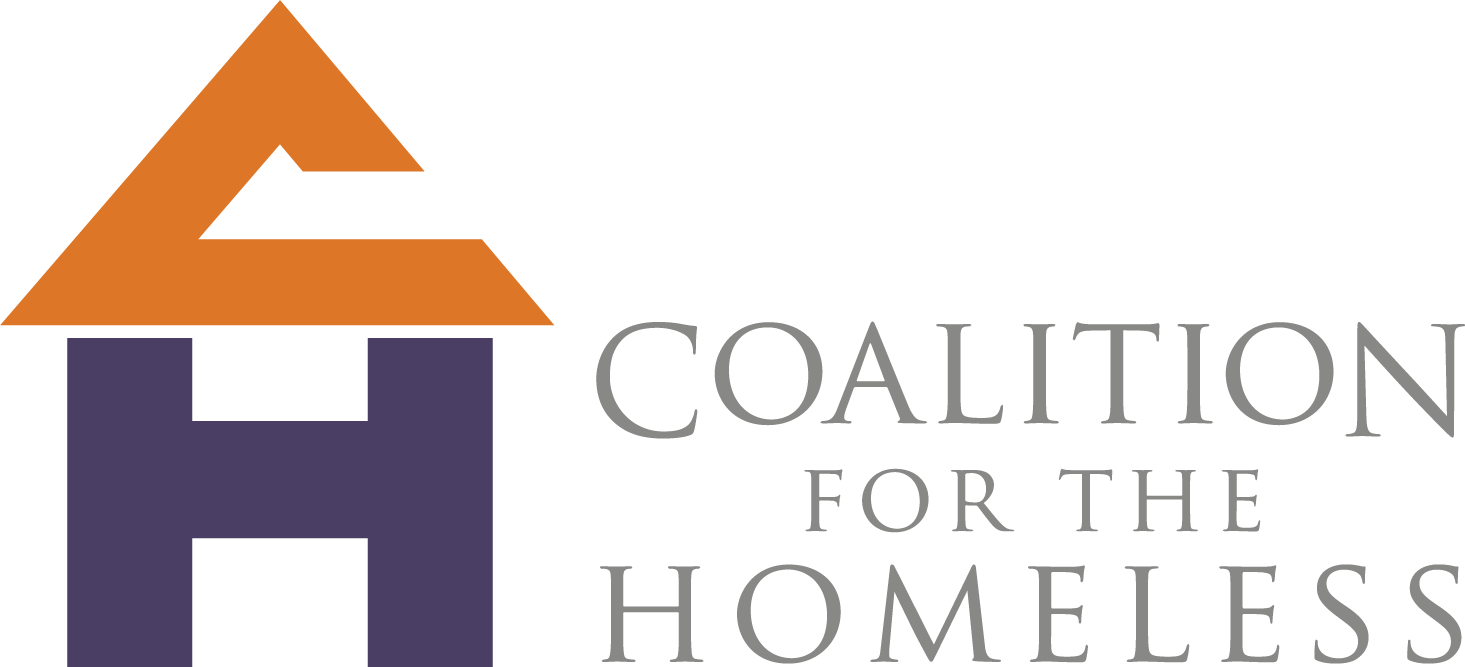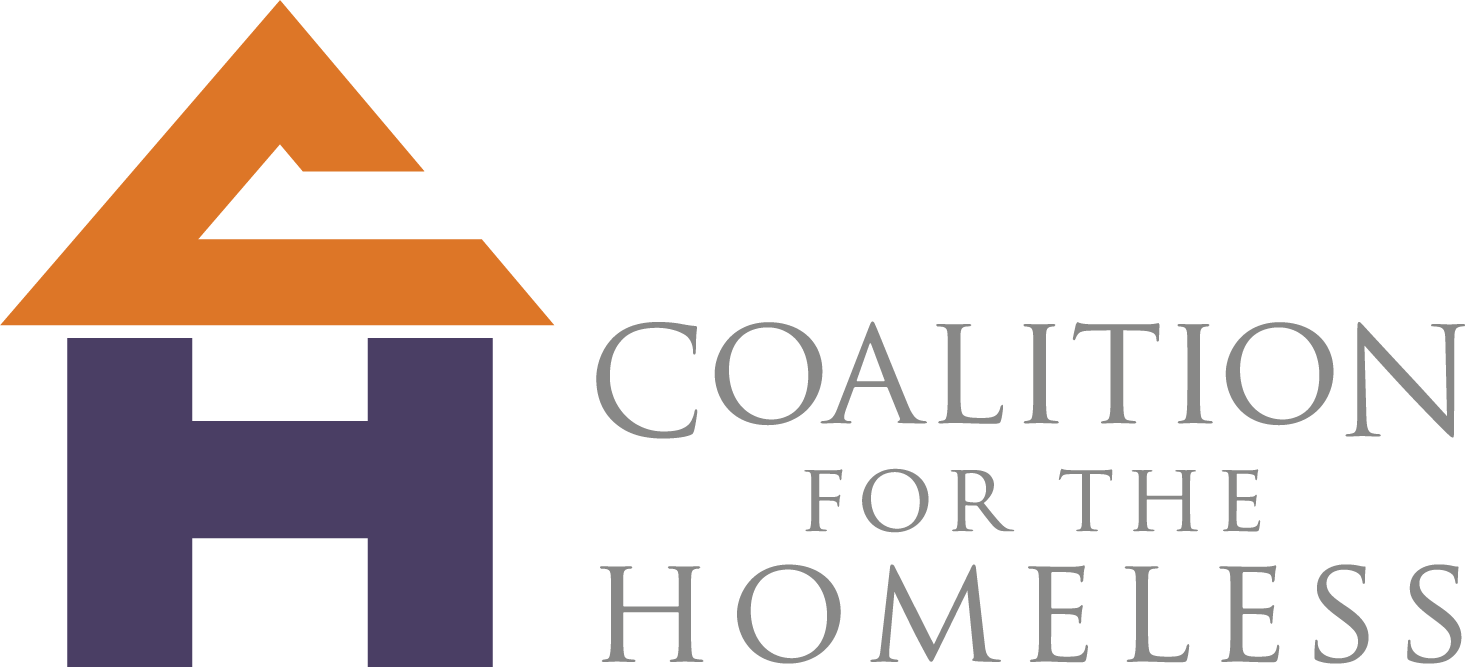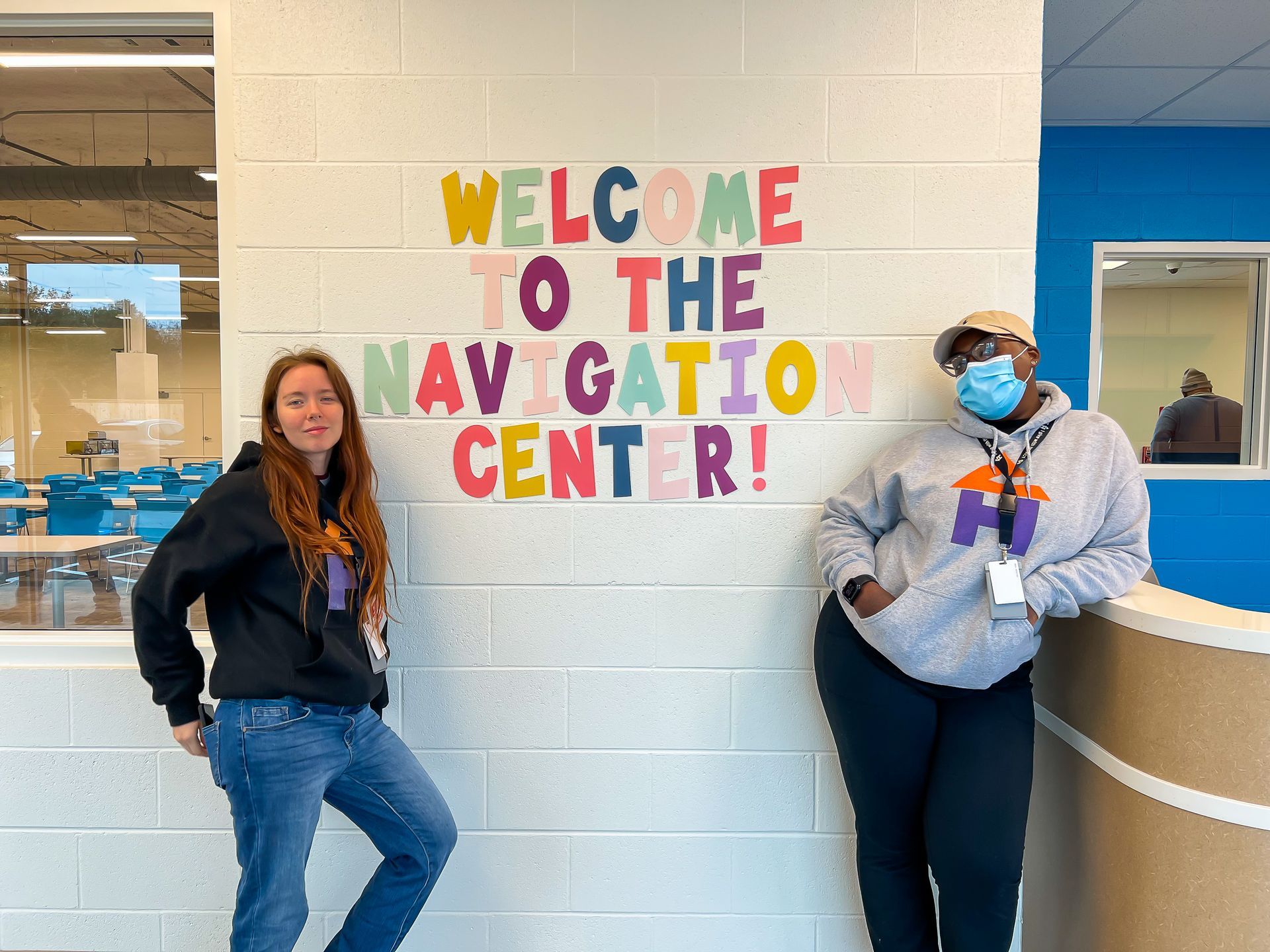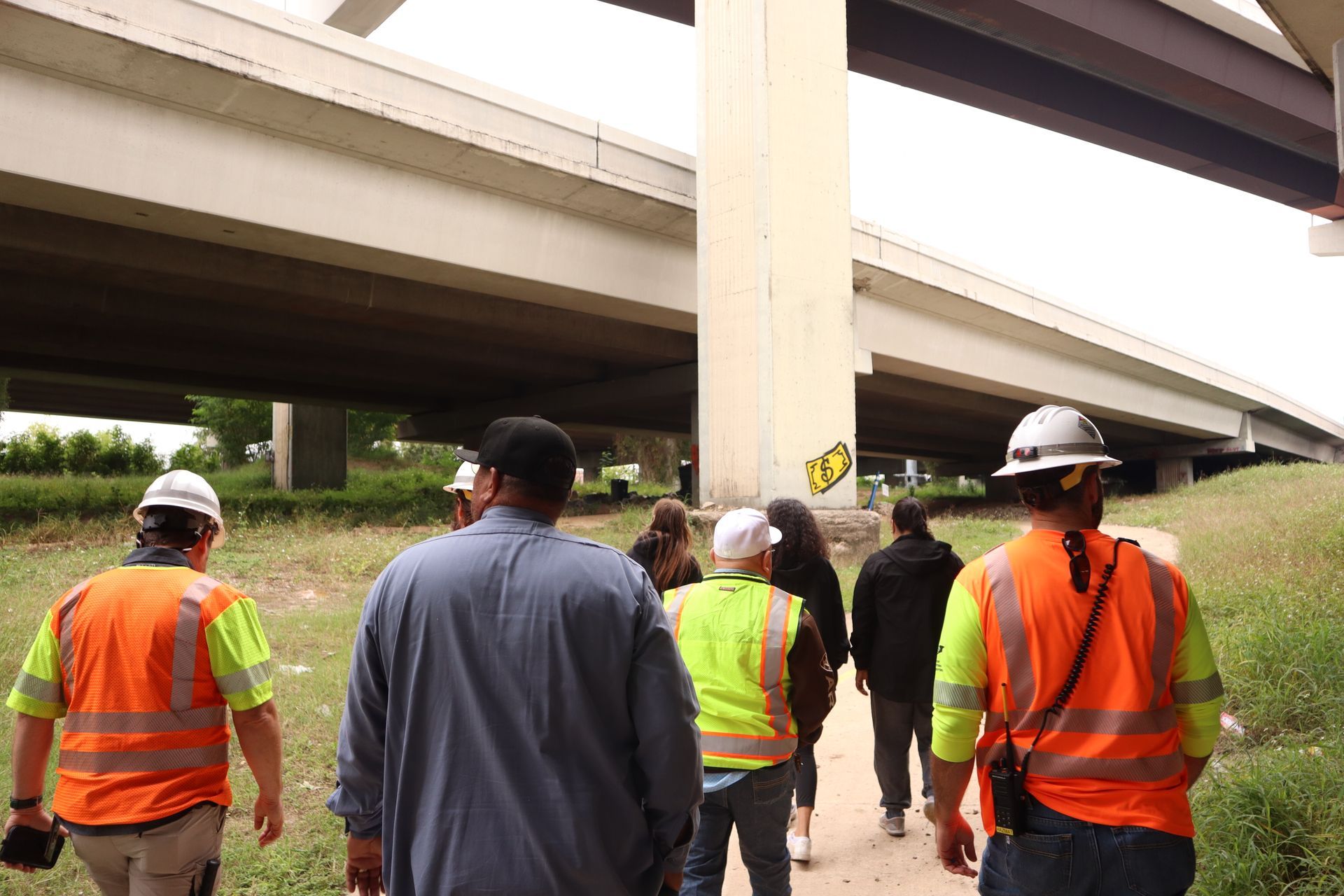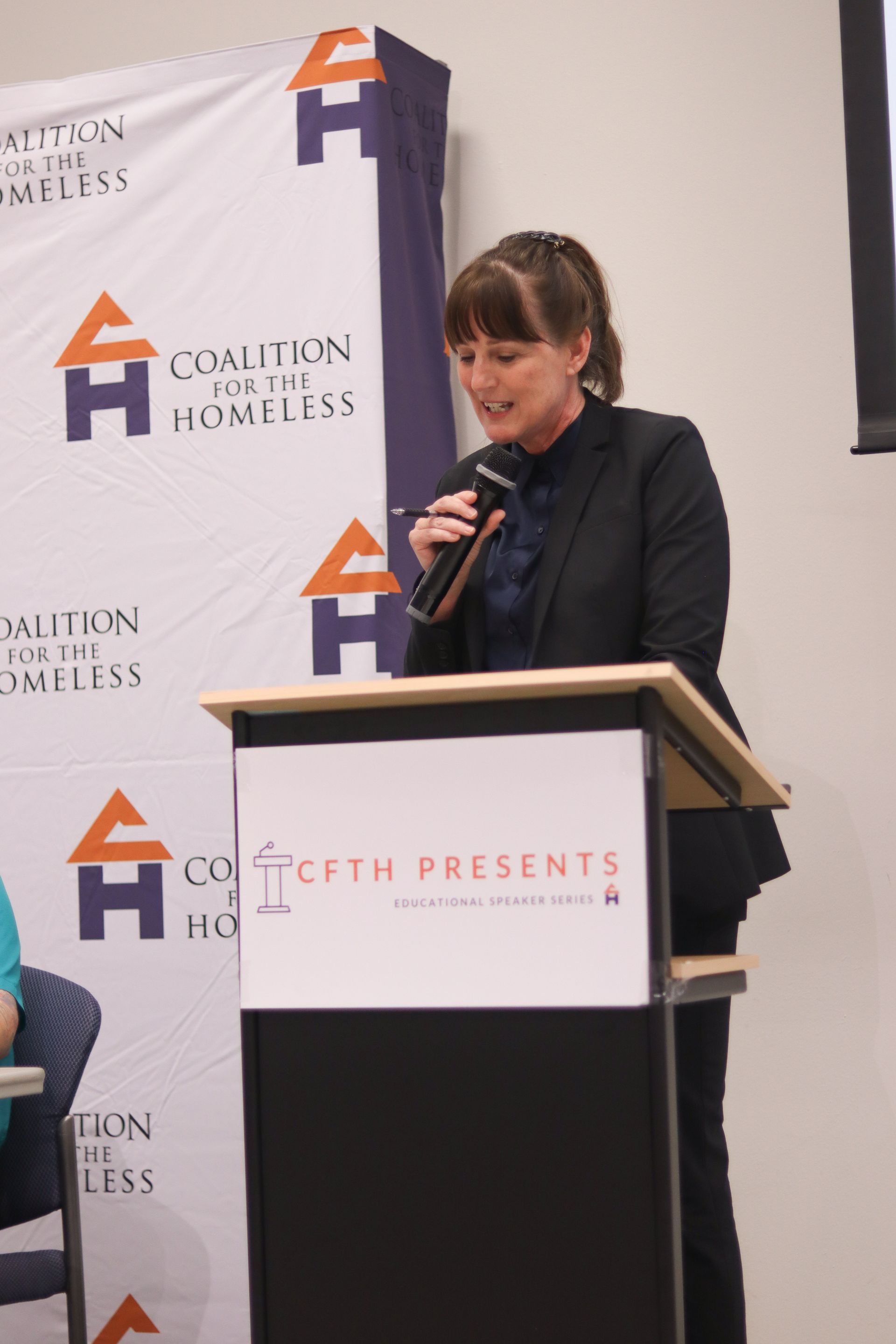- Can you elaborate on your role and the work you do at the Harris Center?
In my role I provide direct oversight to many of the programs within the CPEP Division that specialize in providing community-based services to those who experience or at risk of experiencing homelessness. I also oversee programs that partner with the Houston Police Department and Harris County Sheriff’s Office to provide collaborative, community-based services to individuals who have frequently engaged with law enforcement due to unmet, behavioral health needs.
- What type of services does the Harris Center offer for those experiencing homelessness?
The Harris Center is the state-designated Local Mental Health Authority and Local Intellectual and Developmental Disability (IDD) Authority serving Harris County, Texas. As part of its mission to transform the lives of people with behavioral health and IDD needs, The Harris Center provides a full continuum of services at more than 80 different sites across Harris County. In addition, The Harris Center provides community-based, behavioral health and substance use support services to those experiencing homelessness across the County.
The Homeless Outreach Team is a partnership between The Harris Center for Mental Health and IDD and the Houston Police Department. The team provides collaborative outreach and engagement services to individuals experiencing homelessness in the City of Houston and connects individuals to PATH and/or other appropriate programs as needed.
Additionally, The Harris Center for Mental Health and IDD developed teams such as The Behavioral Health Response Team (BHRT) and the Navigation Center Support Team (NCST). NCST is embedded in the Navigation Center and provides mental health and substance use support services to individuals that have been removed from the streets of Houston during encampment decommissioning. NCST transitions each consumer to the BHRT that acts as an aftercare to the Navigation Support team by providing community based behavioral health and substance use support to individuals exiting the Navigation Center into housing as well as individuals who have been housed through other Way Home housing programs. The goal of these projects is to help individuals maintain housing by developing individualized plans based on the needs of each individual.

